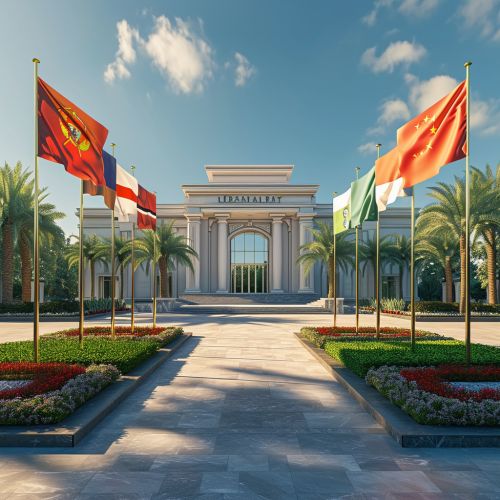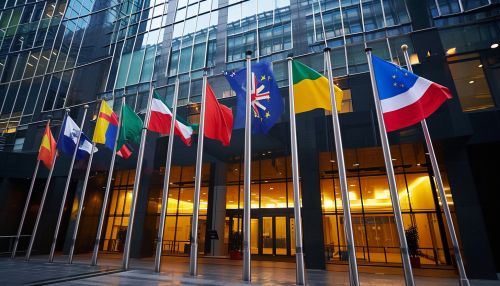Political Systems
Introduction
A political system is a framework which defines acceptable political methods within a given society. The history of political thought can be traced back to early antiquity, with seminal works such as Plato's Republic, Aristotle's Politics and the works of Confucius.
Definition and Types
Political systems have been categorized and classified in various ways. The most common division is between unitary governments and federal governments. In a unitary government, the central government holds all power, while in a federal system, a series of states or provinces share power with the central government. There are also theocracies, which fuse religion with the state to varying degrees.
Unitary Governments
Unitary governments are often described as centralized governments. It is a government system in which a single power, which is known as the central government, controls the whole government. All other political or administrative divisions are subordinate to this central authority.
Federal Governments
In a federal government, powers are divided between the central government and the states or provinces. Each level of government has its own powers and responsibilities. The central government handles national and international affairs, while the states or provinces handle local matters.
Theocracies
Theocracies are political systems in which a deity is recognized as the supreme ruler. In practice, however, theocracy often refers to a system in which religious leaders rule in the name of God or a god.
Democracy
Democracy is a system of government where the citizens exercise power by voting. In a direct democracy, the citizens as a whole form a governing body and vote directly on each issue. In a representative democracy the citizens elect representatives from among themselves.
Monarchy
A monarchy is a form of government in which a single family rules from generation to generation. The power, or sovereignty, is personified in the individual of the monarch.
Dictatorship
A dictatorship is a form of government characterized by a single leader or group of leaders with little or no toleration for political pluralism or independent media. In most cases, the power structures of these dictatorships are maintained by political repression, surveillance, censorship and state terrorism.
Conclusion
Political systems are the formal and informal political processes by which decisions are made concerning the use, production and distribution of resources in any given society. Formal political structures and processes include the constitution, political parties, legislatures, and the political leadership roles for the administrative bureaucracy.


